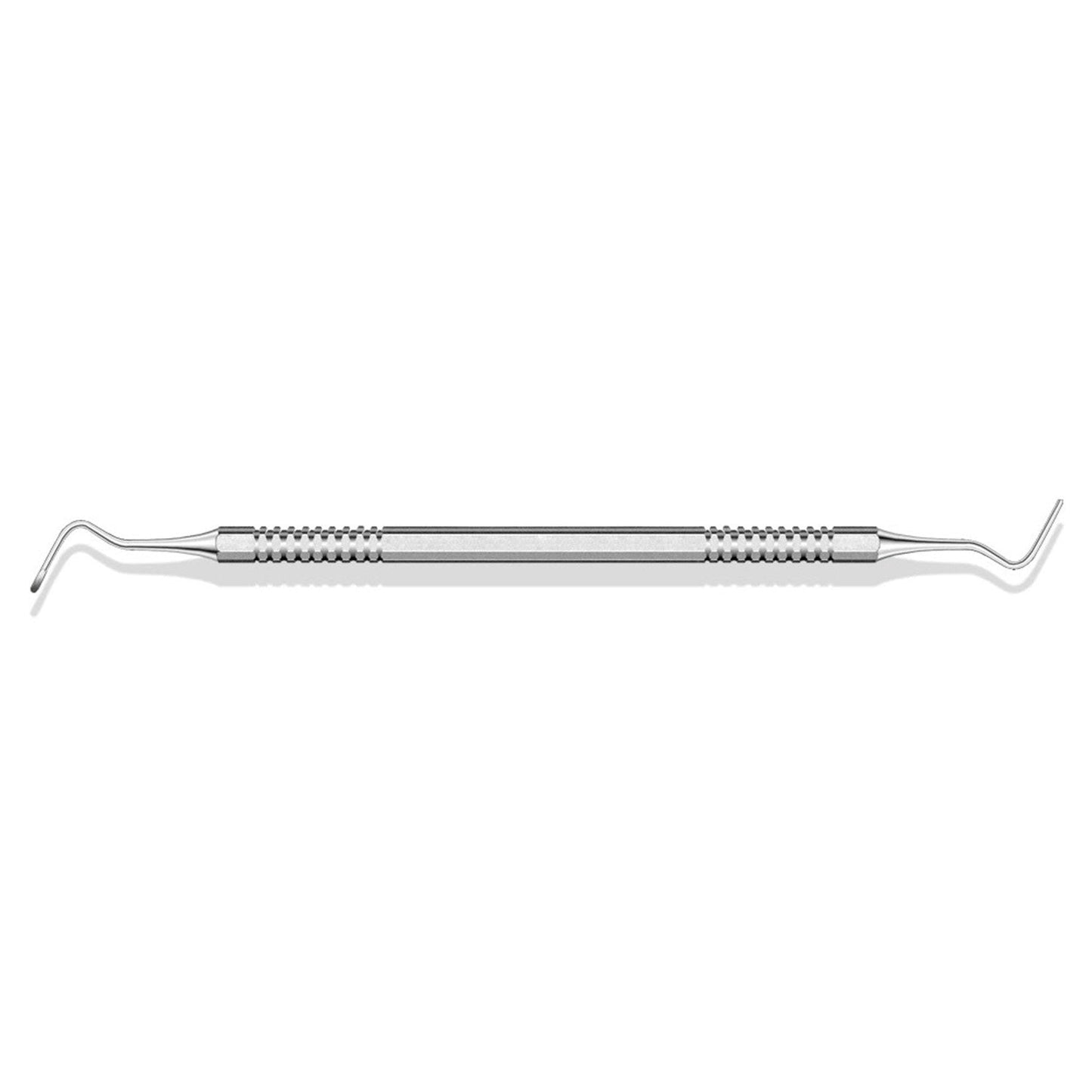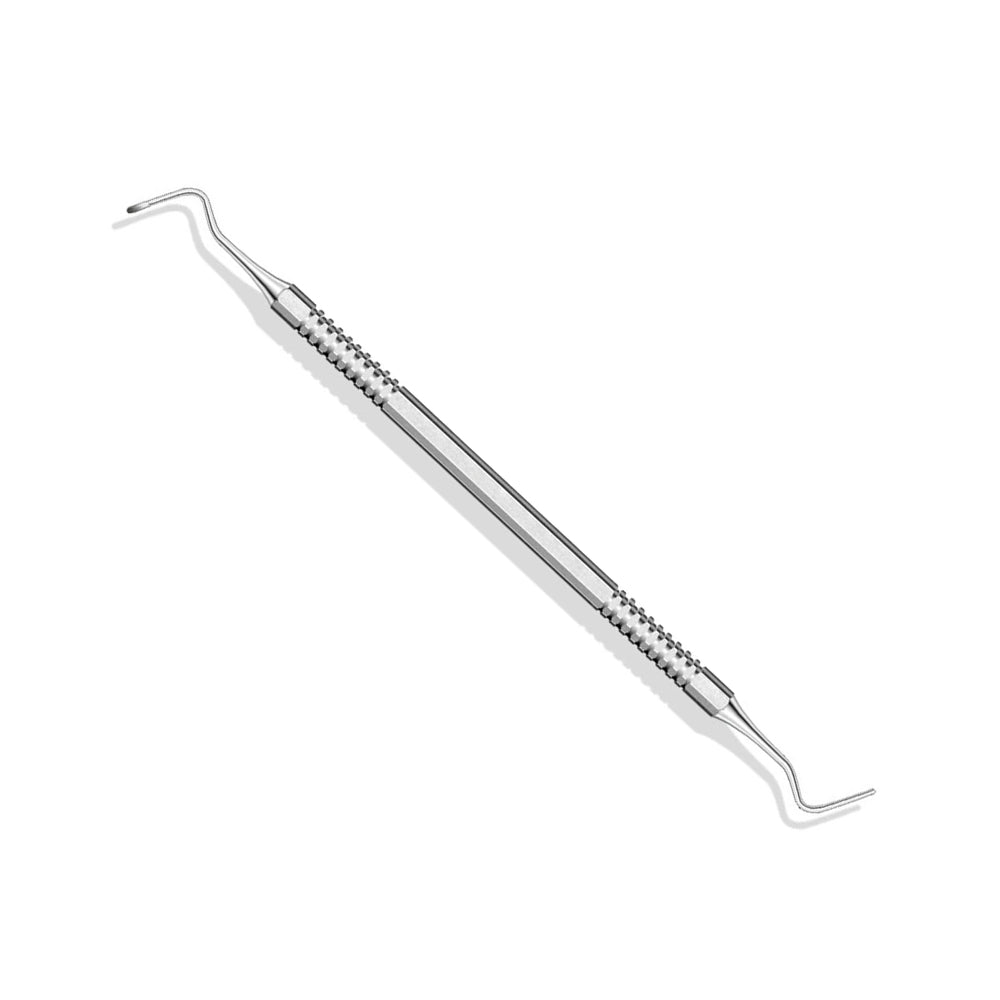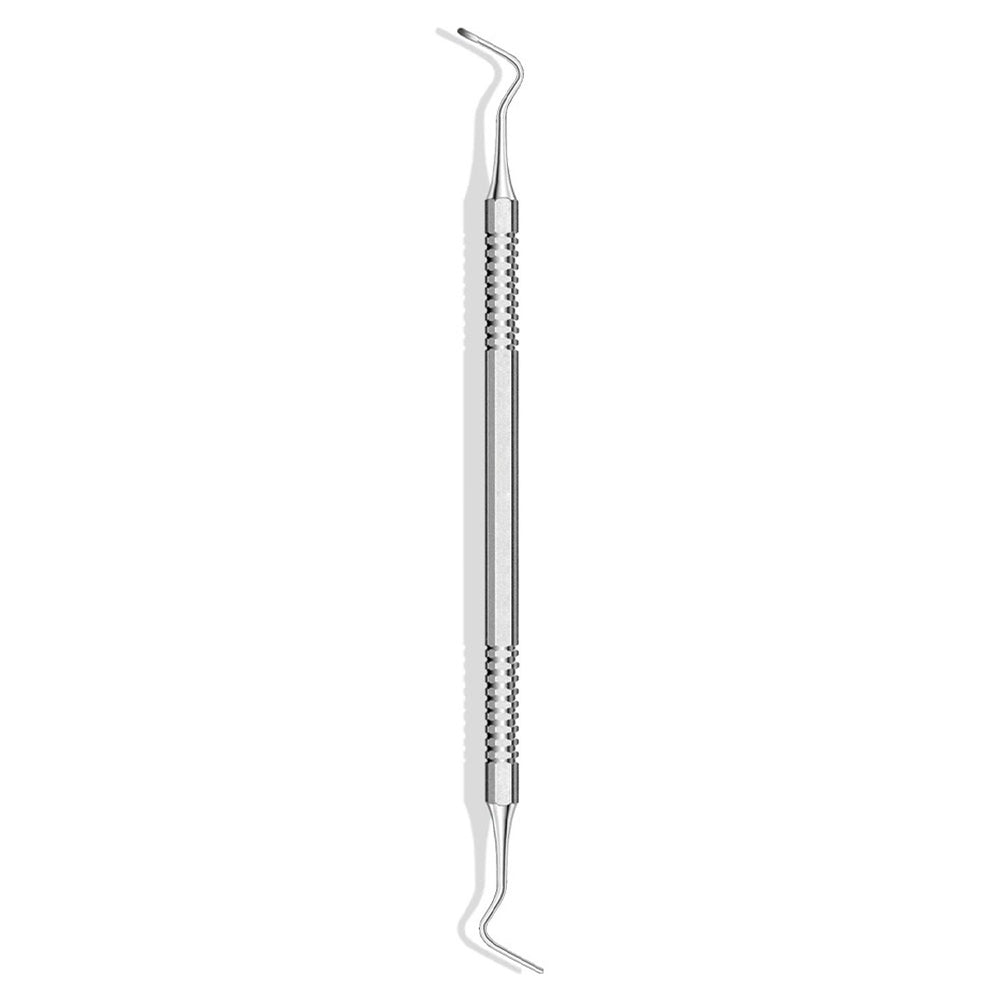


Excavator Stainless Steel - A Reliable Tool for Precision in Dental and Surgical Procedures
In both minor and dental surgical procedures, precision, longevity and the ability to sterilize are essential to successful outcomes. The most frequently used hand tools that meet all three requirements are the Excavators made of Stainless Steel. It is designed for manual tasks such as the removal of caries and soft tissue scraping, as well as delicate debridement of tissue. Excavators made of stainless steel are admired for their edge-cutting sharpness, long lifespan as well as their ergonomically designed handling.
If used in general dental, endodontics, the field of orthodontics and pediatric dental, as well as in other minor surgical cases, Excavators made of stainless steel provide that tactile response and precision required for top-quality outcomes.
What Is a Stainless Steel Excavator?
An excavator made of stainless steel is an instrument that is a surgical or dental instrument that has a disco claw-shaped working end that is used to:
- Removal of dentin that is carious from the cavities.
- Cleaning up any soft tissue or debris from areas of surgery.
- Refinement and shaping of the internal cavity walls before the restorative procedure.
- Accessing restricted or delicate places where rotary tools might be too harsh.
Excavators are usually double-ended and have two distinct styles or sizes of blades at either end to meet different clinical requirements, and all are placed on a comfortable handle.
Why Choose Stainless Steel?
Stainless steel is the preferred material of choice for a variety of medical instruments because of its perfect mix of durability, strength, as well as hygiene. The main reasons the stainless excavators made of steel stand out:
1. Corrosion Resistance
- The stainless steel can withstand pitting and rust and pitting, even after repeated exposure to water, blood and disinfectants.
- The ideal choice for instruments that have to undergo regular autoclaving or chemical sterilization..
2. Long-Lasting Sharpness
- Steel of the highest quality keeps a sharp edge for a myriad of applications.
- This allows for precise cutting and scraping without dulling rapidly.
3. Structural Integrity
- The strength is sufficient to maintain constant pressure without breaking or breaking.
- Keeps the form and alignment in place during extended periods of usage.
4. Lightweight and Balanced
- Created to ensure an easy, non-fatigued handling when performing long-term procedures.
- It helps to ensure better control and accuracy.
Common Types of Stainless Steel Excavators
By the process depending on the process, various types of excavators are offered:
1. Spoon Excavator
- The most common style with a round working end.
- Utilized to extract the decayed dental dentin or soft tissues.
- The ideal solution for kids' dental care and a minimally invasive procedure.
2. Discoid-Cleoid Excavator
- The item has A disk-shaped apex (discoid) with a sharp other end (cloud).
- Utilized for creating the anatomy during restorations as well as removal of obstructions.
3. Hatchet Excavator
- It has a straight blade that functions as an axe.
- It is used to enhance the appearance of cavity walls and to remove any remaining soft dentin.
4. Surgical Excavators
- It is specifically designed for minor oral surgery, for example, the flap procedure, as well as the removal of cysts.
Applications in Clinical Practice
Excavators made of stainless steel can be extremely versatile. They are used for a variety of purposes, including:
1. Caries Removal
- Scrape gently away the dentin that has softened or decayed without damaging healthy enamel.
- Essential for minimally invasive dental.
2. Endodontic Access
- It helps to remove pulp tissue or debris irrigating the dental canals.
3. Surgical Debridement
- Removes soft tissues during small surgical interventions during dental or periodontal procedures.
4. Orthodontic Bond Cleanup
- Removes any remaining adhesive or cement around bands or brackets.
5. Pediatric and Geriatric Dentistry
- It provides an easy and controlled excavation that is gentle and controlled. This is especially beneficial for those with weak teeth.
Benefits of Using Stainless Steel Excavators
- Tactile Feedback provides the dentist with the sensation of the surface of the teeth and decayed areas.
- Preserving of Tooth Structure: Allows for a careful elimination of decay and preservation of healthy tissue.
- Flexibility is suitable for a variety of dental and surgical fields.
- Eco-friendly Reusable, reduces medical waste as compared to disposables.
- Cost-effective Long life expectancy means less frequent replacements.
Instrument Care and Maintenance
To ensure performance and prolong the lifespan of your excavator made of stainless steel:
- Clean up immediately following use using an enzyme-based detergent.
- Make use of Ultrasonic Cleaning for thorough sanitation.
- The autoclave should be operated at the suggested Temperature and Pressure.
- Place the items in a dry and sterilized container to avoid corrosion.
- Check often for signs of fading, wear, or misalignment.
When to Replace Your Excavator
Even the most reliable instruments will wear out. Change your excavator every time:
- Its cutting edge is sharp or chipped.
- There is evident corrosion, and this is even after the sterilization.
- The handle loosens or is damaged.
- You experience decreased sensitivity of your fingers during the procedure.
Conclusion
It is the Excavator Stainless Steel is one of the most reliable and indispensable instruments for dental and surgical procedures. With its razor-sharp blades, ergonomic layout, as well as robust stainless steel, the excavator provides the most precise control and effectiveness available in a range of procedures. If you're trying to remove caries, clean cavities, or create an entire restoration, this device provides the quality and precision that every physician needs.
Making the investment in premium stainless steel excavators can lead to increased performance, greater comfort for patients and long-term success in clinical trials.




 For Bulk Order Whatsapp US
For Bulk Order Whatsapp US